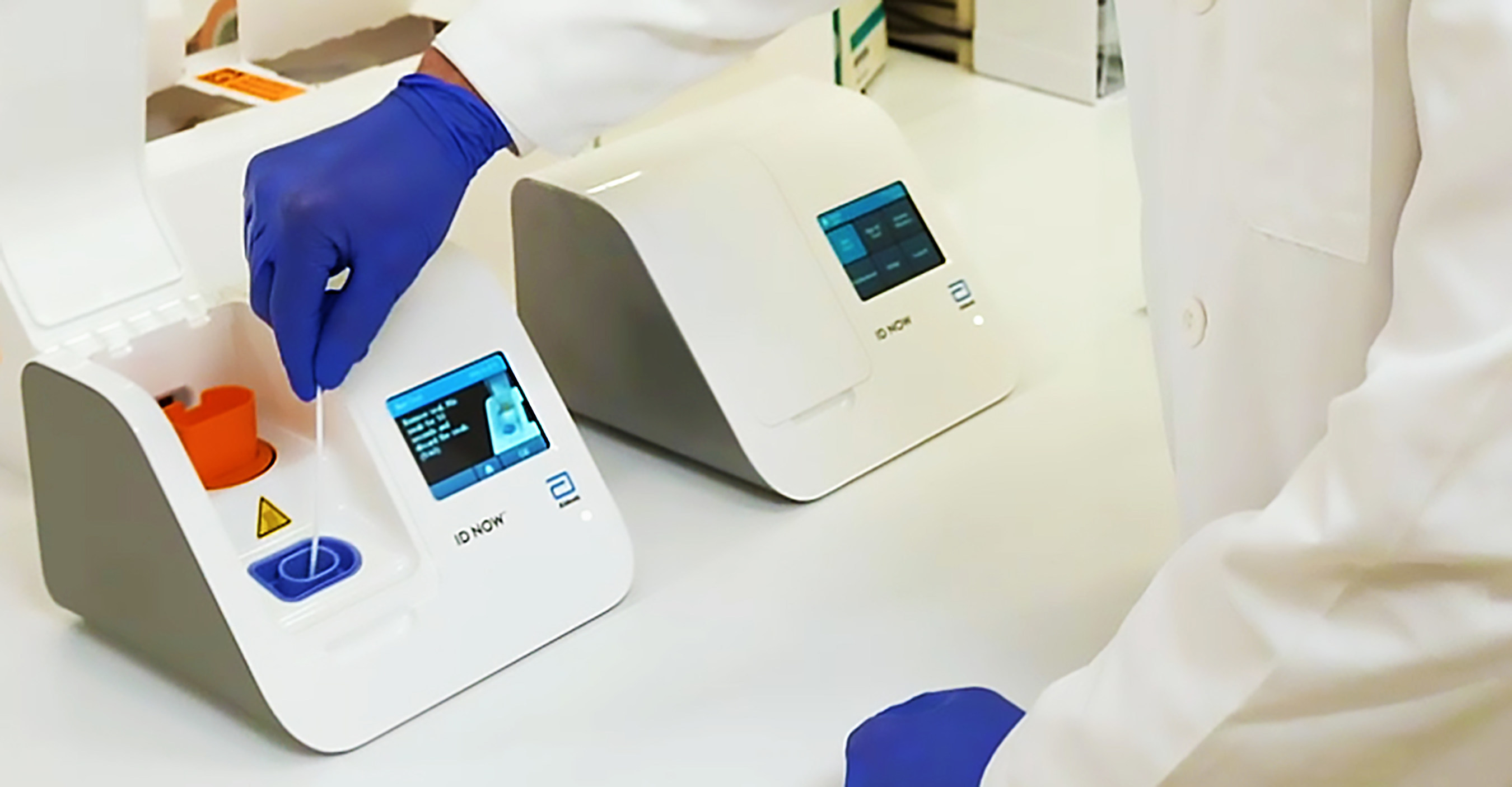Rapid Progesterone Test in Livestock Breeding Programs
The rapid progesterone test is an essential tool in modern livestock breeding programs. This non-invasive method provides accurate and timely information about the reproductive status of cattle, which significantly enhances herd management efficiency. By detecting progesterone levels early in the estrous cycle, breeders can identify fertile periods more precisely, leading to optimized mating schedules and improved pregnancy rates.
The test is based on a simple blood or saliva sample collected from the animal. Using advanced immunoassay technology, it measures progesterone concentration within minutes. This capability allows for real-time decision-making without requiring extensive laboratory resources or long processing times. The immediacy of results enables timely adjustments in breeding protocols, thereby maximizing reproductive success and minimizing costs associated with suboptimal management practices.
One of the key advantages of this test lies in its ability to detect luteal phase onset accurately, which is critical for successful insemination timing. Early detection helps prevent missed opportunities for conception by ensuring that breeders know exactly when to introduce bulls or semen samples into the reproductive cycle. Additionally, it aids in identifying sub-fertile animals early on, enabling their removal from the breeding pool before they contribute to lower overall herd fertility.
The rapid progesterone test also plays a crucial role in monitoring estrus synchronization programs. By closely tracking progesterone levels throughout the treatment period, veterinarians and farmers can assess the effectiveness of hormonal therapies and make necessary adjustments promptly. This proactive approach ensures that all animals within the group respond uniformly to the prescribed regimen, resulting in synchronized heats and higher conception rates.
In conclusion, integrating rapid progesterone testing into livestock breeding programs offers numerous benefits beyond just improved reproductive outcomes. It contributes significantly to enhancing farm profitability through reduced feed costs due to fewer unsuitable matings, decreased labor requirements for manual monitoring, and increased efficiency in resource allocation.
International Acceptance and Recognition
The rapid progesterone test has gained widespread acceptance across various regions globally. According to ISO/IEC 17025:2017 standards, laboratories performing these tests must adhere strictly to stringent quality assurance protocols ensuring reliable results. In Europe, the European Committee for Standardization (CEN) and National Standards Bodies recognize this methodology as compliant with EU directives on veterinary medicines.
In North America, regulatory bodies such as the United States Department of Agriculture (USDA) and Canadian Food Inspection Agency (CFIA) endorse the use of rapid progesterone tests in reproductive management practices. These agencies emphasize that accurate identification of fertile periods enhances animal welfare by preventing unnecessary stress caused by repeated artificial insemination attempts.
The World Organization for Animal Health (OIE), an intergovernmental organization responsible for improving global animal health and welfare, recommends the implementation of rapid diagnostic tools like this one to facilitate effective disease control measures. By incorporating such technologies into routine operations, countries contribute positively towards achieving sustainable development goals related to livestock productivity.
Environmental and Sustainability Contributions
Reduced waste generation: The minimization of unnecessary procedures leads to less packaging material and chemical waste produced during traditional testing methods.
Energy efficiency: Non-invasive sampling techniques require less power consumption compared to laboratory-based analyses, contributing positively towards reducing carbon footprints associated with prolonged incubation processes.
Resource conservation: Efficient breeding cycles reduce the need for additional feed intake by pregnant animals, thus conserving natural resources used in agricultural production.
The adoption of rapid progesterone tests supports sustainable agriculture practices by optimizing resource use and minimizing environmental impacts. By promoting efficient reproductive management, these tools help maintain healthy populations while preserving ecosystems for future generations.
Competitive Advantage and Market Impact
Incorporating the rapid progesterone test into your breeding program can provide significant competitive advantages in today's market. Firstly, it enhances operational efficiency by shortening decision-making timelines, allowing farmers to respond quickly to changing conditions without compromising on accuracy.
Secondly, improved reproductive outcomes translate directly into higher profitability through increased yields and reduced expenses related to feed costs and labor. Thirdly, the ability to monitor estrus synchronization programs more effectively contributes positively towards achieving consistent product quality across different batches or herds.
The market for rapid diagnostic tests in livestock breeding is expected to grow steadily over the coming years as awareness about their benefits spreads among stakeholders. As regulatory bodies continue endorsing these methods, demand will likely increase further due to growing emphasis on sustainable practices within the agricultural sector.





